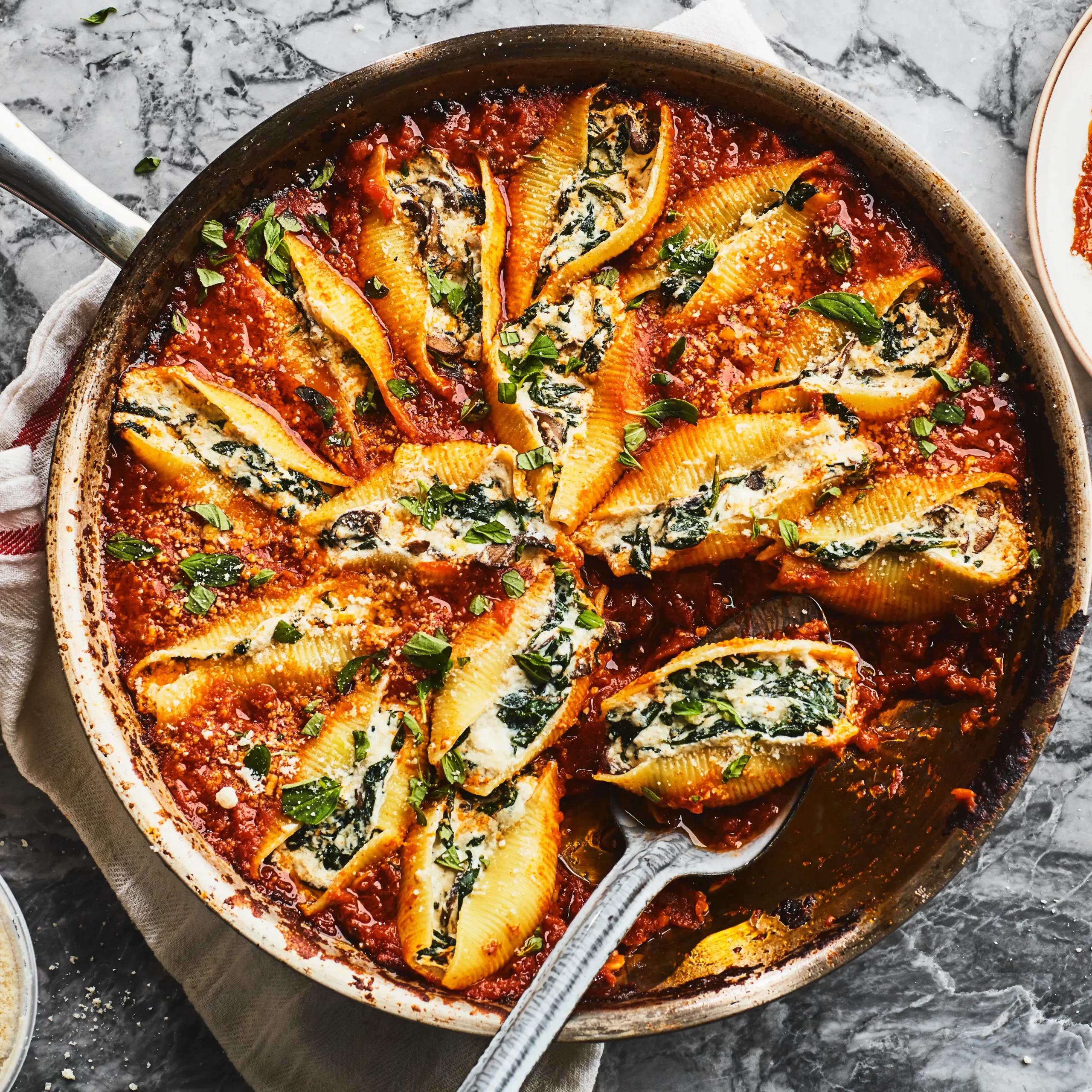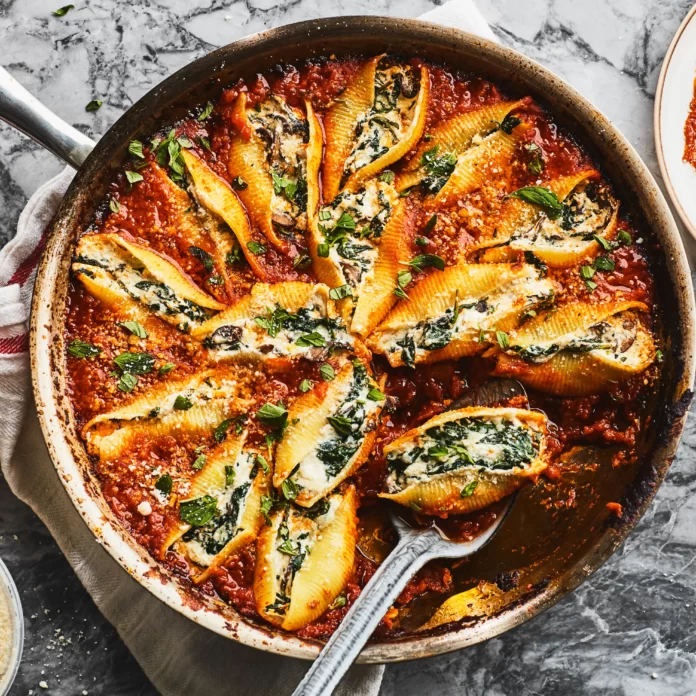Are you looking for a way to improve your health and save money at the same time? Look no further than vegetarian recipes! Whether you’re a full-time vegetarian or simply trying to incorporate more plant-based meals into your diet, these recipes are a fantastic way to nourish your body and your bank account. Not only are they packed with nutrients and flavor, but they can also be budget-friendly and easy to make. So, who needs to consider vegetarian recipes? Everyone! Let’s explore how these recipes can benefit your health and wallet.
Understanding the Vegetarian Lifestyle
Many people have heard of vegetarianism, but may not fully understand what it means to adopt a vegetarian lifestyle. Essentially, being a vegetarian means avoiding the consumption of meat and seafood. However, there are different variations within vegetarianism. Some individuals follow a lacto-ovo vegetarian diet, which includes dairy products and eggs, while others choose a vegan diet, which excludes all animal products.
Understanding the vegetarian lifestyle goes beyond just the dietary choices. It is a conscious decision to lead a more compassionate and environmentally friendly lifestyle. Many vegetarians choose this path for ethical reasons, believing in the humane treatment of animals and reducing their carbon footprint. By choosing not to consume meat, vegetarians are making a statement about their values and their commitment to a sustainable future.
Adopting a vegetarian lifestyle can also lead to a greater appreciation for the diverse range of plant-based foods available. It encourages individuals to explore new flavors and experiment with different ingredients, ultimately broadening their culinary horizons. With a focus on whole foods, vegetarians often discover the vast array of fruits, vegetables, legumes, and grains that provide a wealth of nutrients and flavors.
Understanding the vegetarian lifestyle is key to embracing the health and environmental benefits that come with it. By incorporating more plant-based meals into your diet, you not only nourish your body but also contribute to a more sustainable and compassionate world. So, whether you choose to go fully vegetarian or simply want to dabble in plant-based cooking, understanding the vegetarian lifestyle is the first step towards a healthier, happier you.
 Health Benefits of Adopting a Vegetarian Diet
Health Benefits of Adopting a Vegetarian Diet
Eating a vegetarian diet comes with a multitude of health benefits that can positively impact your overall well-being. By cutting out meat and incorporating more plant-based foods into your meals, you’re making a conscious choice to fuel your body with nutritious options.
One of the biggest health benefits of adopting a vegetarian diet is the reduced risk of chronic diseases. Research has shown that vegetarians tend to have lower rates of heart disease, high blood pressure, obesity, and type 2 diabetes. By eliminating or reducing the consumption of meat, which is often high in saturated fat and cholesterol, you’re reducing your risk of developing these health conditions.
In addition, vegetarian diets are typically higher in fiber, vitamins, and minerals, which are essential for a healthy body. Fiber aids in digestion and helps maintain a healthy weight, while vitamins and minerals found in fruits, vegetables, whole grains, and legumes support various bodily functions, including immune function and bone health.
Vegetarian diets also tend to be lower in calories, which can aid in weight management and promote weight loss. Plant-based meals are often filling and satisfying due to their high fiber and protein content, which can help you feel full for longer and prevent overeating.
Overall, adopting a vegetarian diet can improve your health by reducing the risk of chronic diseases, increasing nutrient intake, aiding in weight management, and promoting overall well-being. By making this lifestyle change, you’re taking a step towards a healthier, happier you.
Saving Money with Vegetarian Recipes
In addition to the numerous health benefits, adopting a vegetarian diet can also save you money. Eating a plant-based diet can be incredibly budget-friendly, especially when you prioritize whole, unprocessed foods.
One of the reasons vegetarian recipes are cost-effective is because plant-based proteins such as beans, lentils, and tofu are typically much cheaper than meat. These ingredients can be bought in bulk and stored for a long time, allowing you to stretch your food budget further. Additionally, fruits and vegetables can be more affordable when purchased in season or from local farmers markets.
Another way to save money with vegetarian recipes is by meal planning and batch cooking. By planning your meals in advance, you can buy ingredients in bulk and avoid wastage. Batch cooking allows you to prepare larger portions of meals and store them for future use, saving you both time and money. This is especially helpful if you have a busy schedule and limited time for cooking.
Furthermore, vegetarian recipes often require minimal ingredients and simple cooking methods, which means you don’t have to spend a fortune on fancy ingredients or kitchen gadgets. With just a few basic pantry staples and some fresh produce, you can create delicious and nutritious meals without breaking the bank.
By incorporating vegetarian recipes into your meal rotation, you can improve your health and save money at the same time. With a little planning and creativity, you can enjoy flavorful, nutrient-rich meals while also keeping your wallet happy. So why not give vegetarian recipes a try and see the positive impact it can have on both your health and finances?
Easy to Cook Vegetarian Recipes for Beginners
If you’re new to vegetarian cooking, don’t worry! There are plenty of easy and delicious recipes out there to help you get started. Whether you’re a seasoned chef or a kitchen newbie, these beginner-friendly recipes will make it a breeze to whip up nutritious and flavorful vegetarian meals.
One simple and satisfying dish to try is a vegetable stir-fry. Just chop up your favorite veggies, like bell peppers, broccoli, and carrots, and sauté them in a bit of olive oil with garlic and ginger. Add some soy sauce or your favorite stir-fry sauce for extra flavor, and serve it over a bed of rice or noodles. It’s quick, easy, and packed with vitamins and minerals.
If you’re craving something hearty, why not try a vegetarian chili? This comforting dish is filled with beans, tomatoes, and spices for a rich and flavorful meal. Just toss everything in a pot and let it simmer until the flavors meld together. Top it off with some grated cheese, sour cream, or avocado for added creaminess and texture.
For a light and refreshing option, you can’t go wrong with a fresh salad. Start with a bed of leafy greens and add your favorite toppings, like cherry tomatoes, cucumber, and croutons. Whip up a simple vinaigrette with olive oil, vinegar, and a pinch of salt and pepper, and drizzle it over your salad. It’s a quick and easy way to get your greens in.
These are just a few examples of easy-to-cook vegetarian recipes for beginners. The possibilities are endless when it comes to vegetarian cooking, so don’t be afraid to experiment and have fun in the kitchen. Remember, cooking should be enjoyable, so embrace your inner chef and get creative with your vegetarian meals!
Moving Forward: Balancing Taste, Nutrition and Cost-effectiveness
Now that you’ve learned about the vegetarian lifestyle, its health benefits, and how it can save you money, it’s time to discuss how to balance taste, nutrition, and cost-effectiveness in your vegetarian cooking.
When it comes to taste, don’t be afraid to experiment with different flavors and spices. Vegetarian recipes can be just as flavorful and satisfying as their meat-based counterparts. Incorporate a variety of herbs, spices, and sauces to enhance the taste of your dishes. For example, try using smoked paprika or chipotle seasoning for a smoky and savory flavor, or add a dash of sriracha or hot sauce for a spicy kick. Don’t forget to play with textures too! Experiment with different cooking techniques like roasting, grilling, or stir-frying to add variety to your meals.
Nutrition is another important aspect to consider. While vegetarian diets can provide a wealth of nutrients, it’s important to ensure you’re getting a balanced intake of protein, vitamins, and minerals. Include a variety of plant-based protein sources like legumes, tofu, tempeh, and quinoa in your meals.
Make sure to incorporate a rainbow of fruits and vegetables to maximize the range of nutrients you’re consuming. Don’t be afraid to explore different grains like brown rice, quinoa, or farro to diversify your nutrient intake. Additionally, consider incorporating nuts, seeds, and healthy fats like avocado or olive oil into your meals for added nutritional benefits.
Lastly, cost-effectiveness can be achieved by strategic meal planning and shopping. Plan your meals in advance to minimize waste and make the most out of your ingredients. Look for sales or discounts on fruits, vegetables, and pantry staples, and consider purchasing in bulk when possible.
Utilize frozen fruits and vegetables as a budget-friendly option when fresh produce is not in season. Additionally, consider growing your own herbs and vegetables if you have the space and resources. Gardening can be a fun and cost-effective way to add fresh produce to your meals.
By balancing taste, nutrition, and cost-effectiveness, you can fully embrace the benefits of vegetarian cooking. Remember, there are endless possibilities when it comes to vegetarian recipes, so don’t be afraid to get creative and have fun in the kitchen. Enjoy the journey of discovering new flavors, nourishing your body, and saving money along the way!
FAQs
1. Is it difficult to get enough protein on a vegetarian diet?
Not at all! There are plenty of plant-based protein sources available to meet your needs. Legumes like beans, lentils, and chickpeas are rich in protein, as are tofu, tempeh, and seitan. Quinoa, chia seeds, and hemp seeds are also great sources of protein. By incorporating a variety of these foods into your meals, you can easily meet your protein requirements.
2. Can a vegetarian diet provide all the necessary nutrients?
Absolutely! With proper planning, a vegetarian diet can be nutritionally balanced. Fruits and vegetables provide a wealth of vitamins and minerals, while whole grains and legumes are great sources of fiber and protein. Incorporating a variety of these foods into your diet ensures that you’re getting all the essential nutrients your body needs.
3. Are vegetarian recipes expensive to make?
Not at all! In fact, vegetarian recipes can be incredibly budget-friendly. Staples like beans, lentils, and whole grains are inexpensive and can be bought in bulk. Fruits and vegetables can also be affordable, especially when purchased in season or from local farmers markets. With a little meal planning and creativity, you can enjoy delicious and nutritious vegetarian meals without breaking the bank.
Conclusion
Incorporating vegetarian recipes into your lifestyle is a win-win situation. Not only can it significantly improve your health and well-being, but it can also save you money. By understanding the vegetarian lifestyle and the various health benefits it offers, you can make an informed decision to prioritize plant-based meals. These recipes are not only delicious and nutritious but also budget-friendly and easy to make.
From vegetable stir-fries to hearty vegetarian chili, there are endless possibilities for flavorful and satisfying meals. By balancing taste, nutrition, and cost-effectiveness, you can fully embrace the benefits of vegetarian cooking. So why not give it a try and see the positive impact it can have on both your health and finances? With a little planning and creativity, you can nourish your body and your bank account with delicious and affordable vegetarian recipes. Cheers to a healthier and happier you!

